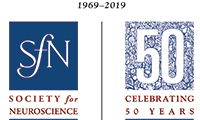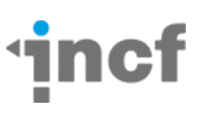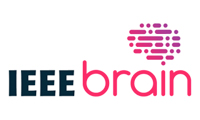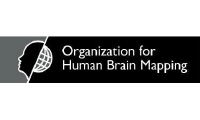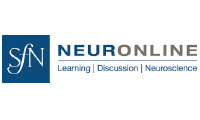Tools and Resources
Here, you will find our current collection of tool and software tutorials and resources for neuroscience research
Links: Tools and Resources
Hitchhiker's Guide to Using Cloud-Based Resources for Neuroimaging Research
An informational guide for investigators and administrators in the field at different levels of experience for understanding, accessing and successfully using cloud-based tools in support of neuroscience research, using neuroimaging as an example.










